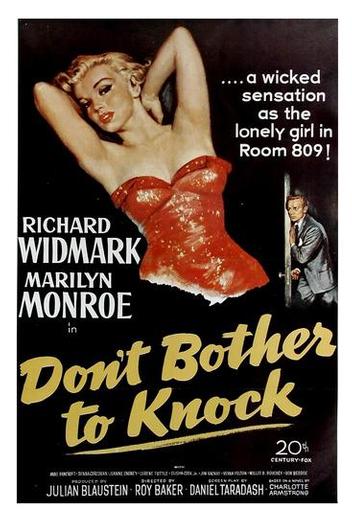 Today would have been Steve McQueen’s 90th birthday.
Today would have been Steve McQueen’s 90th birthday.
Sadly, McQueen died in 1980 at the absurdly young age of 50. In life, McQueen never got as much respect as he deserved as an actor but in death, he’s been rediscovered as not just an icon of cool but also as an underrated actor who, much like Clint Eastwood, could say a lot without uttering a word. (Be sure to read Marshall Terrill’s biography of McQueen.) When Steve McQueen (as played by Damian Lewis) showed up in Once Upon A Time In Hollywood, it seemed appropriate. McQueen and Tarantino both seem made for each other, even if McQueen died long before Tarantino even wrote his first screenplay.
McQueen made two films shortly before he died, The Hunter and Tom Horn. Unfortunately, neither one of them was a hit with audiences or critics. The Hunter, which was McQueen’s last film, is a forgettable movie that features McQueen as a bounty hunter who can’t drive. Tom Horn, however, was an underrated western that features one of McQueen’s best performances.
In Tom Horn, McQueen plays the title character, a legendary frontier scout who is known for the role he played in the capture of Geronimo. When the film opens, Tom Horn has seen better days. With the frontier changing and the old west being replaced by the modern age, Horn has been reduced to being almost a vagrant, wandering from town to town in search of work. When the film begins, Horn has found employment as a “stock detective.” He’s employed by the local cattlemen to keep rustlers from stealing their stock. Horn uses the same violent methods that he’s always used, gunning down rustlers and often doing so in public. What Horn doesn’t realize is that times have changed and the methods that previously made him a legend are now making him a pariah. When the cattlemen realize that the townspeople are turning against them because of Horn’s activities, they conspire to take out Horn themselves.
Tom Horn is based on a true story. In 1903, Tom Horn was hung for shooting a 15 year-old boy. While it is agreed that Horn killed many men over the course of his life, he was undoubtedly framed for the murder for which he was executed. While sitting in his jail cell, waiting to be executed, Horn wrote the autobiography upon which this movie is based. The movie makes the argument that Horn was executed because he was a reminder of what the West used to be like. In order to prove that they were now ready to be members of civilized society, the cattleman had to sacrifice Horn in the most public way possible.
The film does a good job of capturing the final days of the old west and Steve McQueen does an even better job of playing a man who doesn’t realize that his time has come to a close. Horn often seems to be the only man who doesn’t understand that the time of outlaws and the gunslingers is coming to a close and that leaves him defenseless when he’s put on trial. Even after found guilty, Horn remains confident that he will somehow escape the hangman’s noose. Tragically, it’s not until time is up that Horn truly comes to understand that the world has changed and civilization no longer has place for men like him. The same people who used to depend on men like Tom Horn now just want to forget that he ever existed. McQueen took a long break between making The Towering Inferno and Tom Horn and dropped out of the public eye. The only film he made during that period was a barely released version of Enemy of the People. When McQueen made Tom Horn, he was also a man out of time and he brings a sense of resignation and loss to the role that he might not have been capable of doing earlier in his career.
Sadly, it was while filming Tom Horn that McQueen first started to show symptoms of the cancer that would eventually kill him. Tom Horn was released in 1980 and never got the attention that it deserved. It’s a minor western classic and features Steve McQueen at his best.

